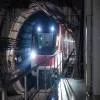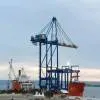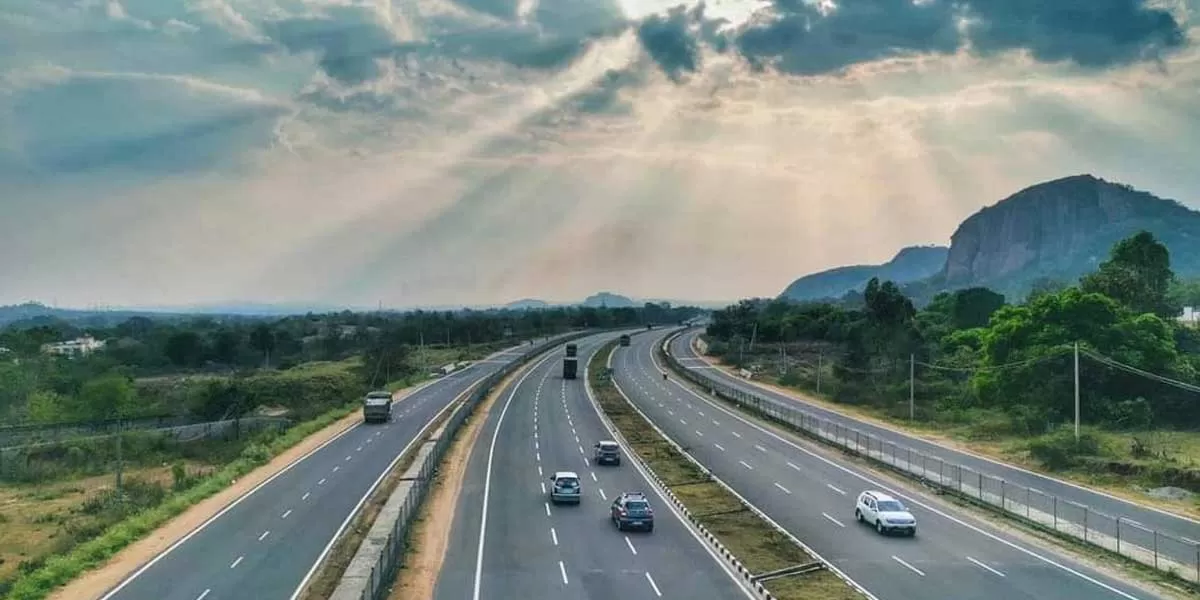
Mumbai-Bengaluru Highway: Six-lane upgrade will help slash travel time
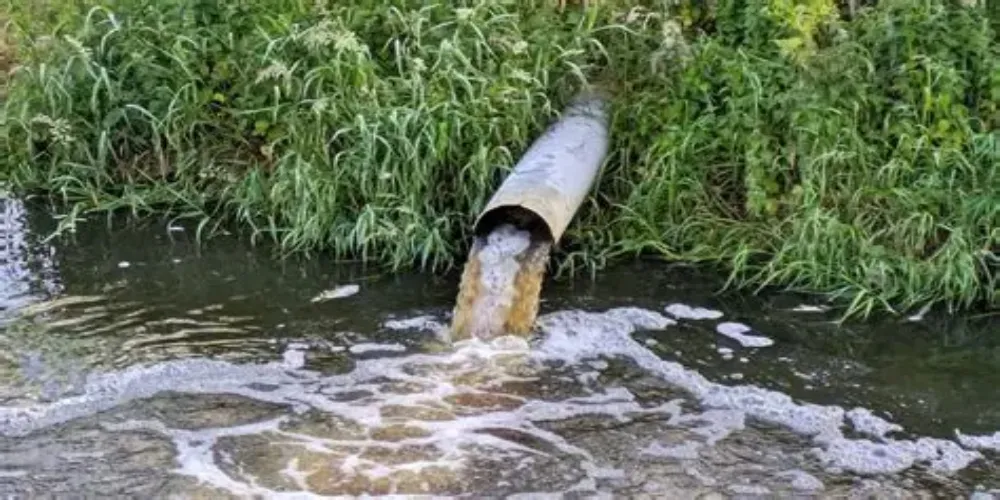
Madurai Corporation Proposes Rs 1,400 Million Plan to Save Vaigai River
In a renewed effort to tackle pollution, the Madurai Corporation has submitted Rs 1,400 million proposal to the state government to upgrade the city’s drainage network and prevent untreated sewage from entering the Vaigai River. The proposal follows growing public concern over the river’s deteriorating condition despite previous mitigation efforts. The Vaigai flows for nearly 12 km within Madurai city limits, with sections obstructed by invasive plants, garbage, and untreated sewage. While multiple inlets contribute to contamination, the Panthalkudi canal in Goripalayam has been identifi..
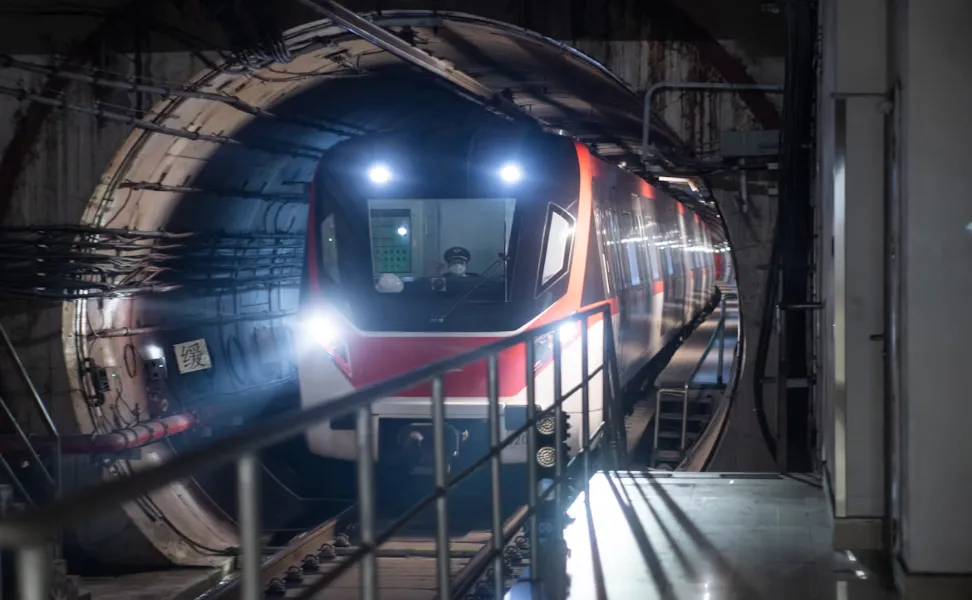
PM Modi Inaugurates Mumbai Metro 3 Final Phase, 33.5 km Aqua Line
Prime Minister Narendra Modi inaugurated the final phase of Mumbai’s first fully underground Metro 3, making the 33.5 km Aqua Line operational. The line connects Aarey in North Mumbai to Colaba in South Mumbai, aiming to ease congestion on suburban trains and roads. The final stretch, spanning 11.2 km from Acharya Atre Chowk in Worli to Cuffe Parade, provides connectivity to six major business centres, including Nariman Point, Cuffe Parade, Fort, Lower Parel, BKC, and SEEPZ/MIDC. According to Mumbai Metro Rail Corporation (MMRC), the stretch also links areas such as Kalbadevi, Girgaum, Worl..
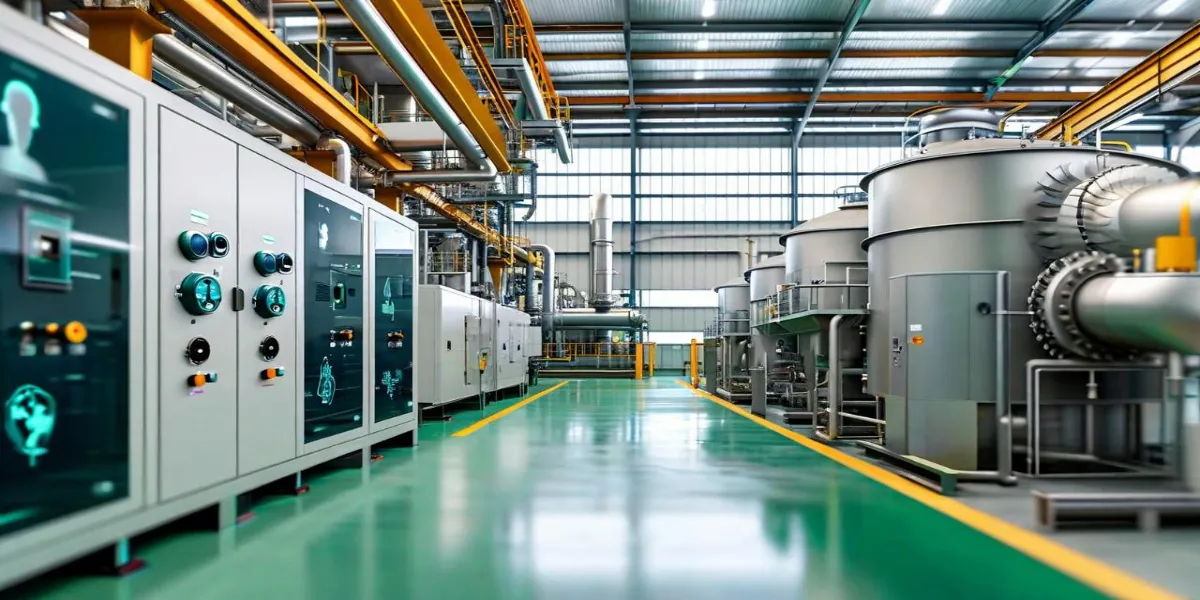
M.E. Energy Wins Rs 490 Million Ferro Alloys EPC Order
M.E. Energy Pvt Ltd, a wholly owned subsidiary of Kilburn Engineering Ltd and a leading Indian engineering company specialising in energy recovery and cost reduction solutions, has secured its second consecutive major order valued at Rs 490 million in the ferro alloys sector. The order is for an Engineering Procurement and Construction (EPC) contract to develop a 12 MW Waste Heat Recovery Based Power Plant (WHRPP). This repeat order underscores the growing trust of the ferro alloys industry in M.E. Energy’s expertise in delivering reliable, efficient, and sustainable energy solutions tailor..





